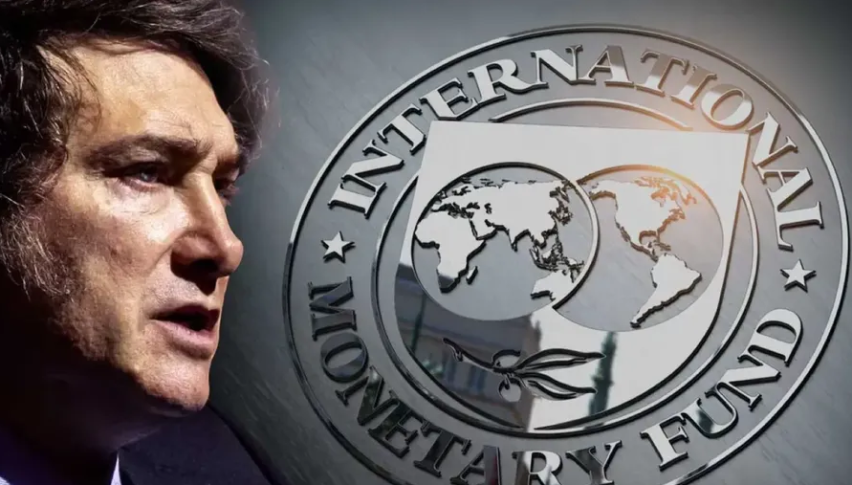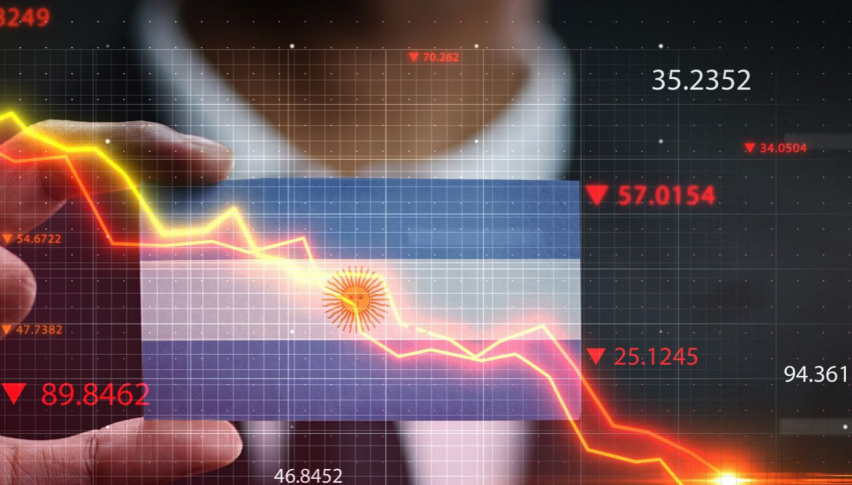Argentina surprises with 6.3% GDP growth in H2 2025
Despite the upbeat GDP figure, analysts caution that the economy continues to face major challenges, with persistent weakness.

Quick overview
- Argentina's GDP grew by 6.3% year-on-year in Q2 2025, surpassing the previous quarter's 5.8% increase.
- Economists had anticipated a 6.5% growth, while the central bank projected a more conservative 4.4% for the year.
- Despite the positive GDP growth, challenges such as weak consumer spending and high interest rates threaten economic stability.
- Investor confidence has waned, leading to significant declines in dollar-denominated bonds and a surge in the country's risk premium.
Argentina’s Gross Domestic Product (GDP) expanded 6.3% year-on-year in the second quarter of 2025, up from a 5.8% increase in the previous quarter, the National Statistics and Census Institute (Indec) said on Wednesday.

Economists surveyed by Reuters had forecast 6.5% growth for the April–June period, while the central bank’s (BCRA) most recent market expectations report projected a more modest 4.4% annual expansion for 2025.
Despite the upbeat GDP figure, analysts caution that the economy continues to face major challenges, with persistent weakness in consumer spending and industrial activity. High interest rates and long-standing structural issues also threaten the sustainability of growth in the medium term.
Domestic strains and financial stress
Markets turned jittery after the BCRA intervened by selling foreign reserves, raising concerns about its capacity to meet upcoming debt obligations. Investor unease deepened as government setbacks in Congress added to political uncertainty.
Dollar-denominated bonds slumped sharply on Thursday, dropping as much as 7.8% in New York, while locally traded bonds tumbled up to 11.2%. The country’s risk premium surged past 1,400 basis points, extending a more than 50% jump since the ruling coalition La Libertad Avanza suffered a heavy defeat in the Buenos Aires provincial elections.
The sell-off highlights growing skepticism over Argentina’s ability to stabilize its finances, with investors bracing for heightened volatility ahead.
- Check out our free forex signals
- Follow the top economic events on FX Leaders economic calendar
- Trade better, discover more Forex Trading Strategies
- Open a FREE Trading Account
- Read our latest reviews on: Avatrade, Exness, HFM and XM

